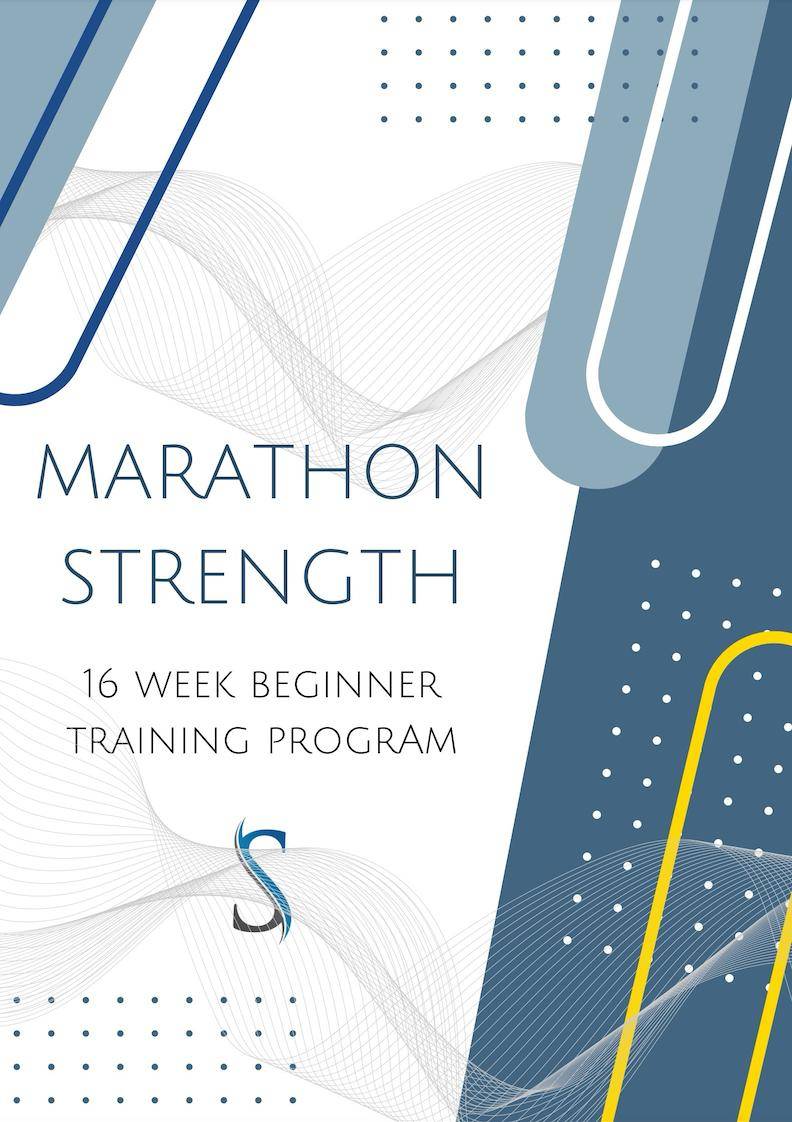
Early Sport Specialization and Burnout: How to Avoid It
Updated: Aug 16, 2023
While temps are still hot here in the Midwest, we’re looking ahead to pre-season for many athletes as they gear up to head back to school.
Most of us know first hand just how much student athletes take on. Between school, practice, games, additional conditioning, family and social lives – their plates are full. Learning to juggle all of these demands comes with time and a HUGE learning curve. Unfortunately, many find themselves overwhelmed and burnt out before they find their footing in a new season. Burnout can come in many forms: emotional, mental, and physical. Looking at the body & mind holistically can help paint the picture of how to identify burnout and what to do about it.

Athletes can burnout as a result of overtraining. Burnout or “Overtraining Syndrome” (OTS) is a maladaptive response to excessive exercise without adequate rest. OTS can include reduced athletic performance: strength plateaus, stamina losses, chronic fatigue, and more. Other physiological symptoms include increased resting heart rate and blood pressure or suppressed immune system. Cognitive issues like difficulty concentrating and forgetfulness are common. Our emotional wellbeing can be impacted as well. Moodiness, irritability, increased anxiety, and depression can all result from OTS.
The effects of burnout and OTS can be particularly intense for younger athletes. It is no secret that early specialization has become more and more common. And on the surface, it makes sense! You might think, going all in on your sport from the get go should improve your chances of becoming an elite athlete or going pro…right?
Well, despite what many of us may think, for most sports there is no evidence that intense training and specialization before puberty are necessary to achieve elite status. In fact, the risks may outweigh the perceived benefits. Risks of early specialization include higher rates of injury, increased psychological stress, and quitting sports at a younger age.

Young athletes dealing with burnout are more likely to withdraw from their sport altogether. But the impact of burnout can last long past they leave their sport. For some, the mental and moral impacts of burnout can worsen after stepping off the field.
So what can we do about it?
Positive psychology tools like mindfulness, meditation, Cognitive Behavioral Therapy, and others have shown significant positive effects for athletes of all ages dealing with burnout.
Encourage our young athletes to try everything that interests them! Don’t rush going all in on your sport.
And even when you’ve found your thing: train in multiple modalities to make sure you get your cardio, resistance training, and mobility work in!
Check out these resources for more info on Burnout, OTS, Youth Specialization, and Positive Interventions:
https://www.nata.org/blog/beth-sitzler/burnout-athletes
https://www.ncbi.nlm.nih.gov/pmc/articles/PMC3435910


